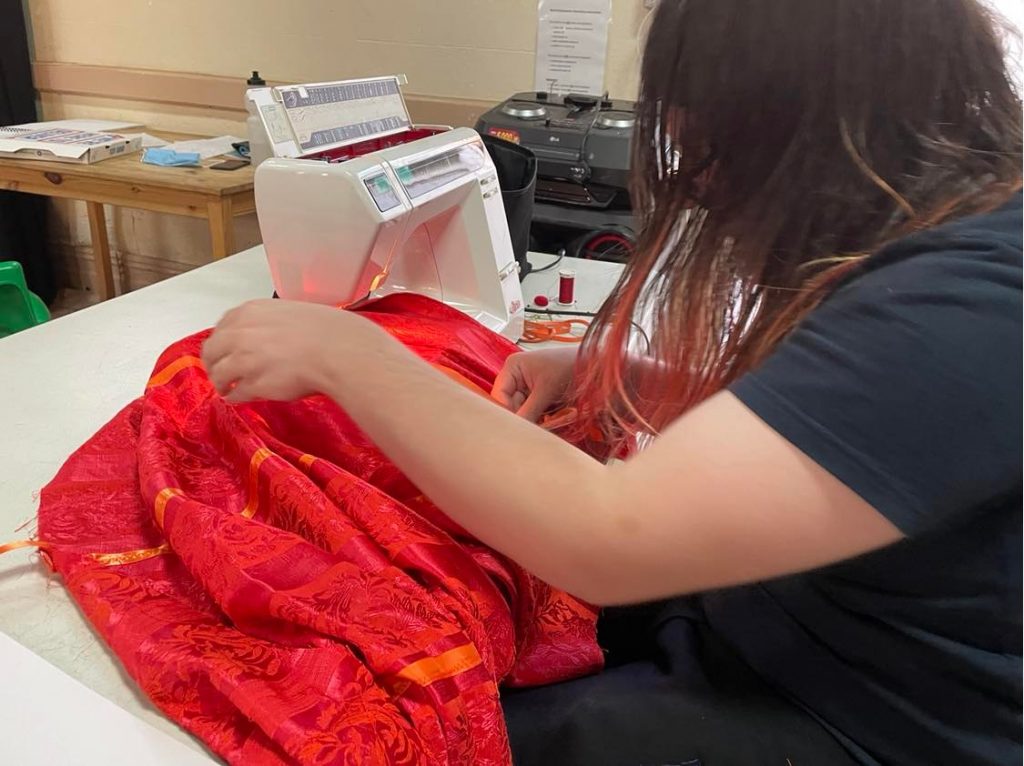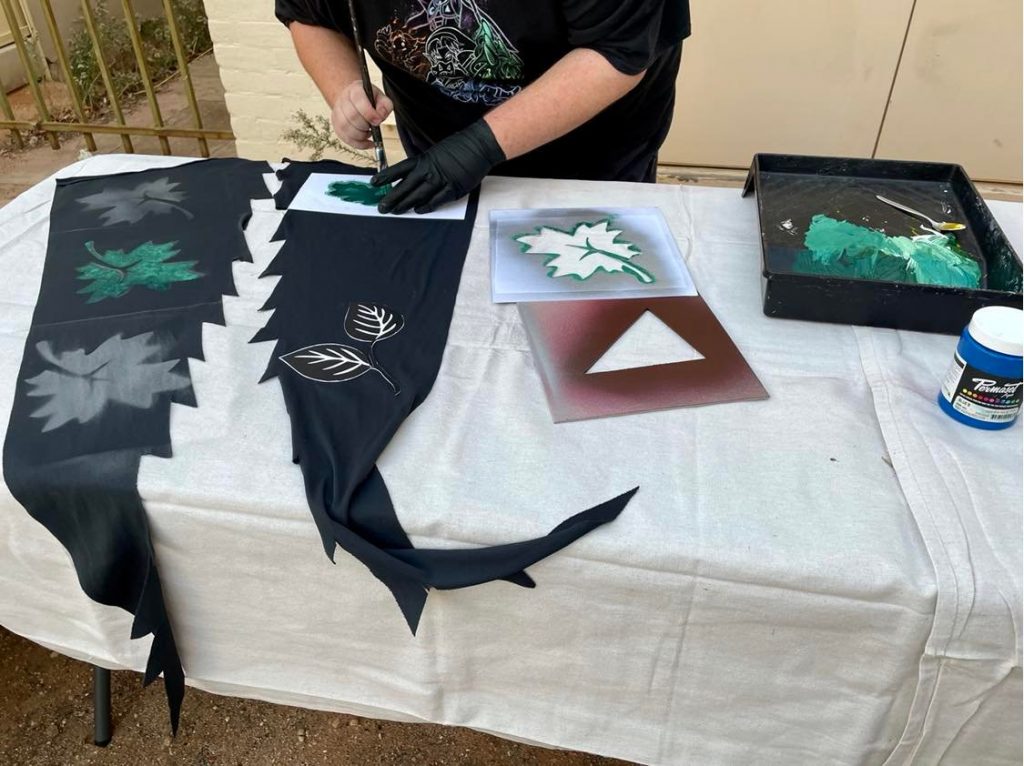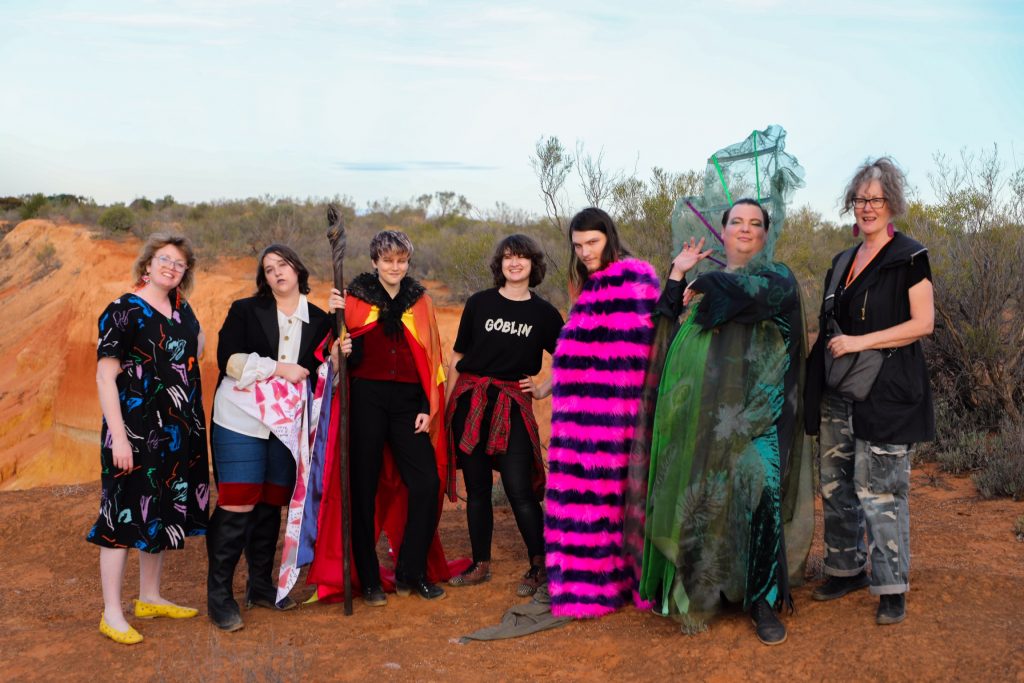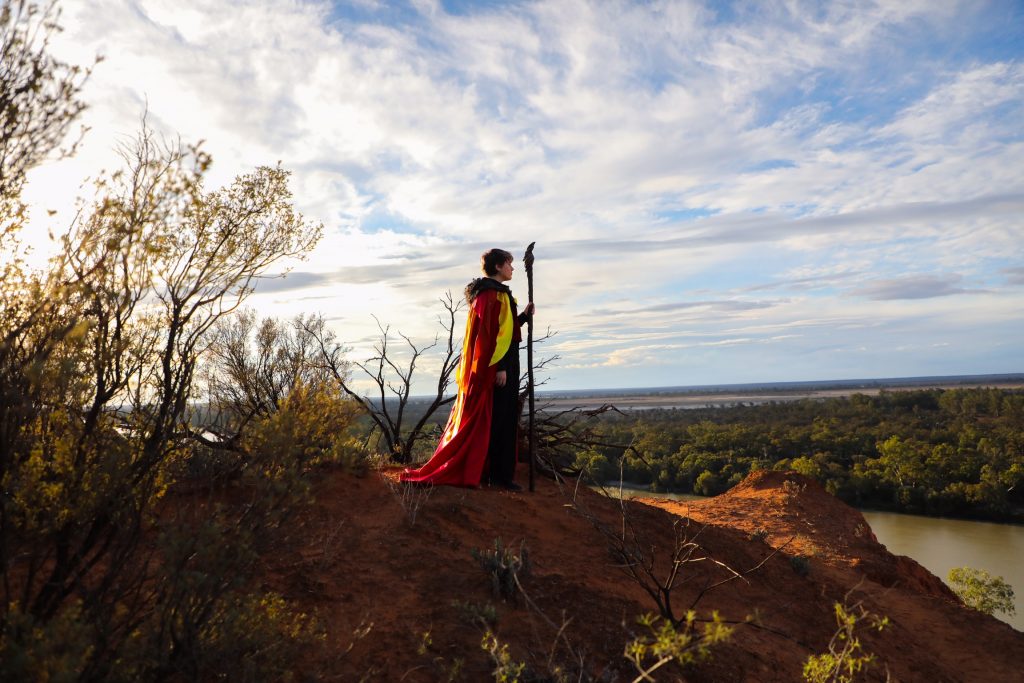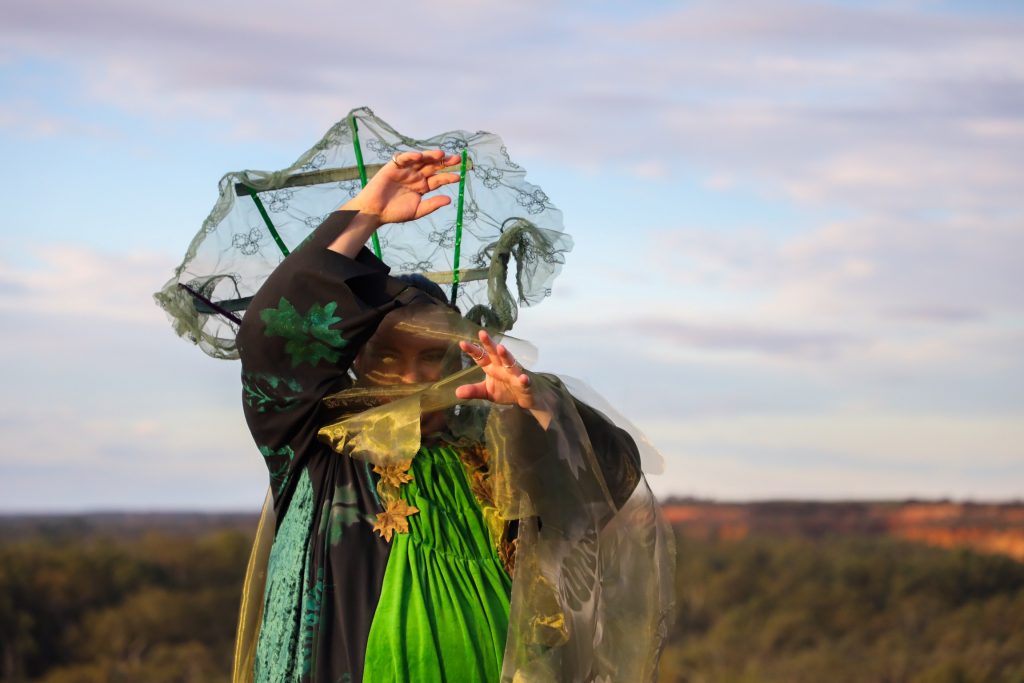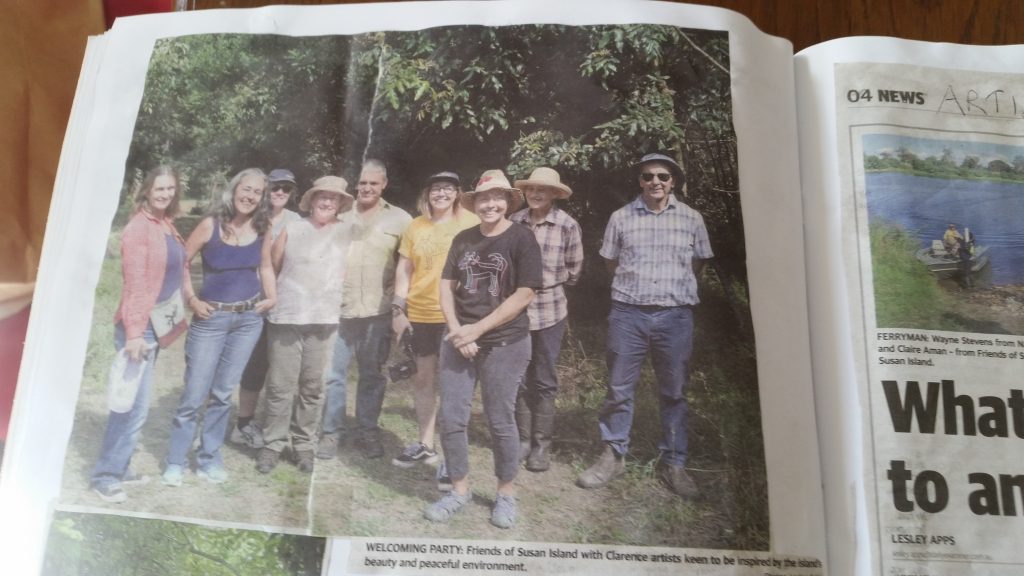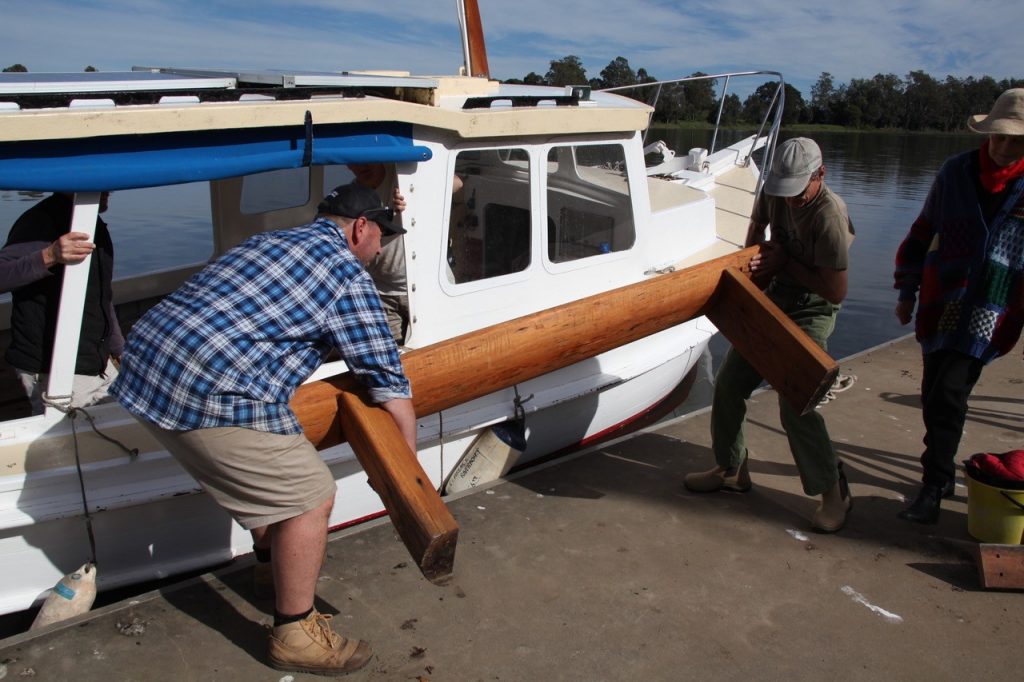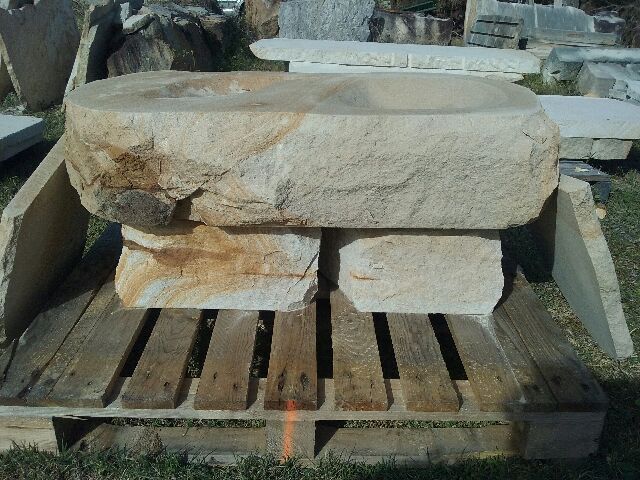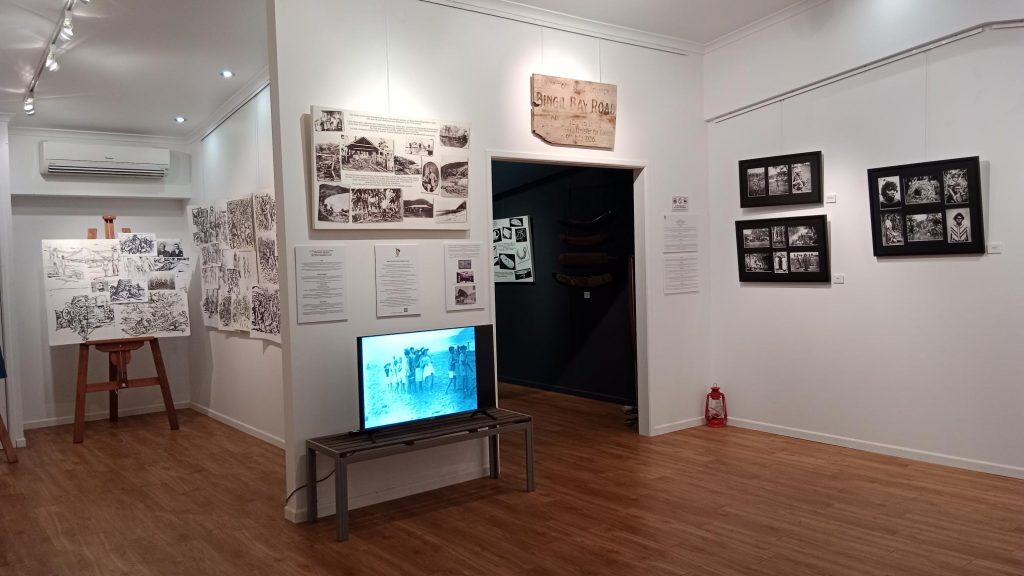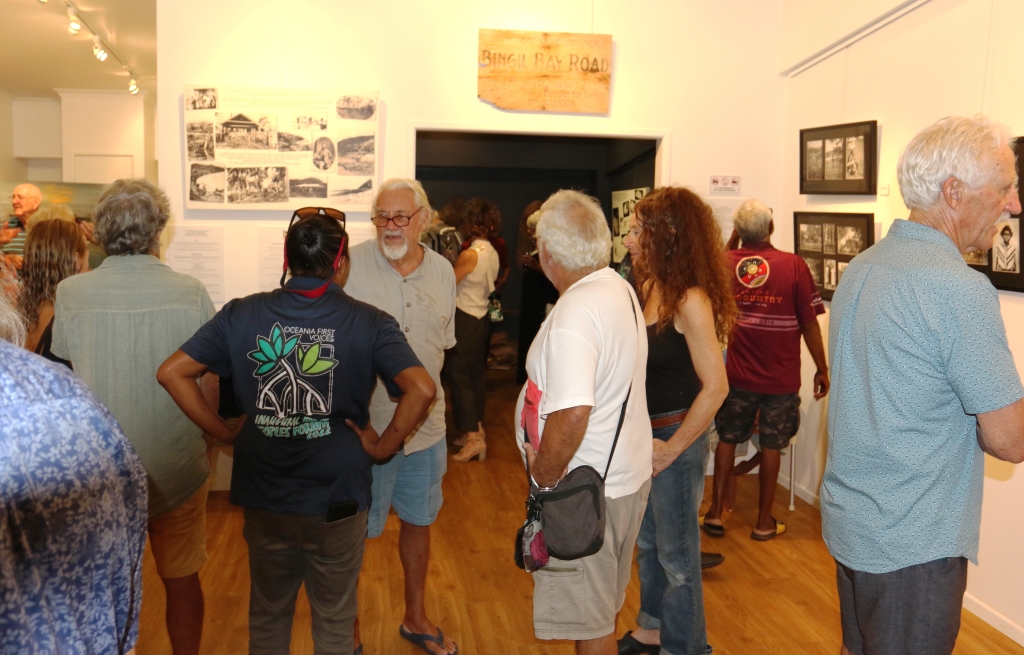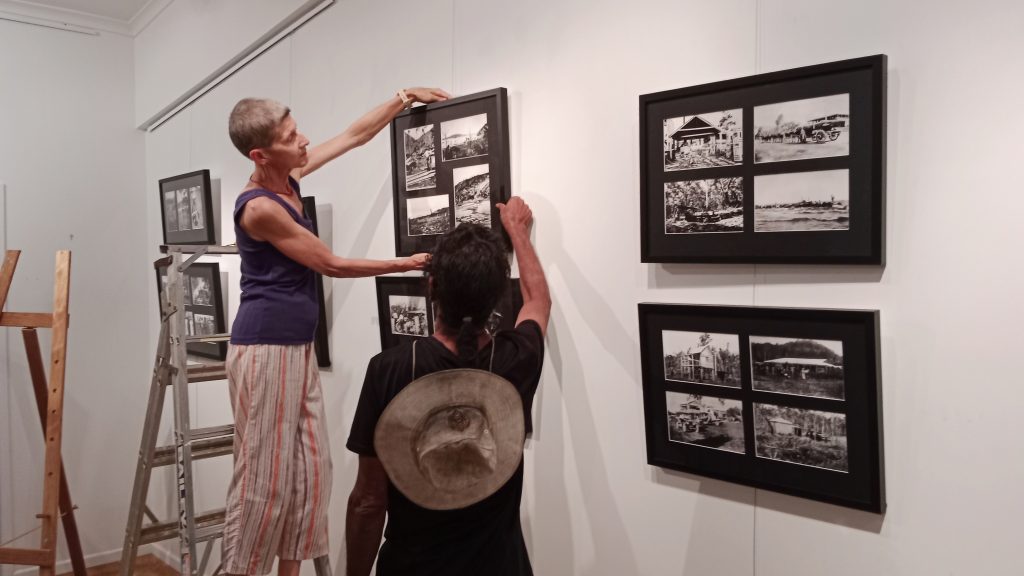Foundation for Rural & Regional Renewal (FRRR)
Contribute to the Change was one of the project ideas developed at the 2021 Heywire Ideas Lab. The group of young people who developed the idea wanted to see mental health support become destigmatised and delivered in ways that were personalised to meet the needs of young people.
Riverland Youth Theatre (RYT), based in Renmark SA, adapted the Contribute to the Change idea to deliver a costume design project for young queer people in the Riverlands. Their project was called There I Am, and encouraged young queer people to image and create the best version of themselves through imaginative and colourful costumes.
RYT identified that within the region there were few safe spaces for LGBTQIA+ youth to explore their identity, nor groups aimed at supporting them. This resulted in a decline in mental health, and young people leaving the community because they lacked accepting and supportive adults and peers in their community. RYT developed There I Am to address this issue, aiming to create a safe, supportive environment where young struggling LGBTQIA+ youth could come and explore their authentic selves.
Participants spent five days working with a costume designer to create a costume that told their story and helped them imagine the person they wanted to be. The project built on the idea that self-expression through clothing can be an affirming and validating act for queer youth who are exploring their identity.
“I feel like my outfit kind of says ‘hey I’m here, I might not be able to talk, but I am still a person, and I can be present here, even if I don’t feel like it that much.”
Rowan, one of the youth participants, said that their costume helped them feel in control in a world where they have little control. “I kind of based it on a part of myself that I’ve suppressed over the years and bringing that into the light. With my costume it’s about being able to control whatever I want and it can all go perfectly.“
Projects such as There I Am have begun to establish Riverland Youth Theatre as a safe space for queer young people in the Riverlands. Youth have a place where they can seek support and be their authentic selves.
The FRRR ABC Heywire Youth Innovation Grants have continued to support the development of this safe space for LGBTQIA+ youth in Riverlands with another grant in 2022 for The Allies Project, which they once again adapted to their specific local context. Their project, Ally Merit Pins and Awards, empowers teens to decide what an ‘ally’ is and makes allies more visible.
The concept was developed by a young non-binary student who suffered from homophobic bullying and spoke of their exhaustion of not knowing which adults were safe or supportive. They proposed the merit badges as a way to encourage schools to be proactive in creating safe spaces for queer students and empower the queer community within their school. The project was awarded a $10,000 Heywire Grant and will be delivered in 2023, continuing to ensure that there a place within the Riverlands where LGBTQIA+ youth can find their tribe.
The Mooloolah Community Centre is the home and work hub of Mooloolah Valley Community Association Inc, located on the Sunshine Coast in Queensland. The Centre is run by a Management Committee of 10 volunteers from wide and varied backgrounds including finance, defence, nursing, social work, local government and administration, and there are a team of volunteers who support the Centre by doing tasks from garden maintenance to assisting in the Op Shop. Everyone at the Centre works for the benefit of the Mooloolah community, and the positive flow-on effects are felt throughout the Mooloolah Valley postcode area.
In February 2022, the flooding closed all roads into the town, cutting it off for four days and causing a loss of power across the area. The lack of a reliable power source during this disaster revealed critical vulnerabilities in the community for being able to charge phones and stay in touch with loved ones. Additionally there was no hot water and the Community Centre couldn’t open.
After receiving $25,000 in Round 2 of the Rebuilding Futures program, funded by the Suncorp Group, the Community Centre has now securely installed a solar battery pack ready for any future disasters or power outages. The installation of the solar batteries has completed a significant preparedness project by this group, who over the last year, have added emergency lighting, directional emergency lighting and evacuation alarms so the community can be prepared and therefore more resilient in times of extreme weather events.
The Community Centre says it is ready to support the needs of the community in times of distress, including having the Op Shop open to allow people to obtain emergency clothes if required, and enabling the Welfare Officer to operate and offer vouchers for food and fuel. The website has been updated with a new ‘Community Resilience Service’ that promotes an offering of a place of refuge during disaster, including the basics like a hot drink, charging phones, using the internet and much more.
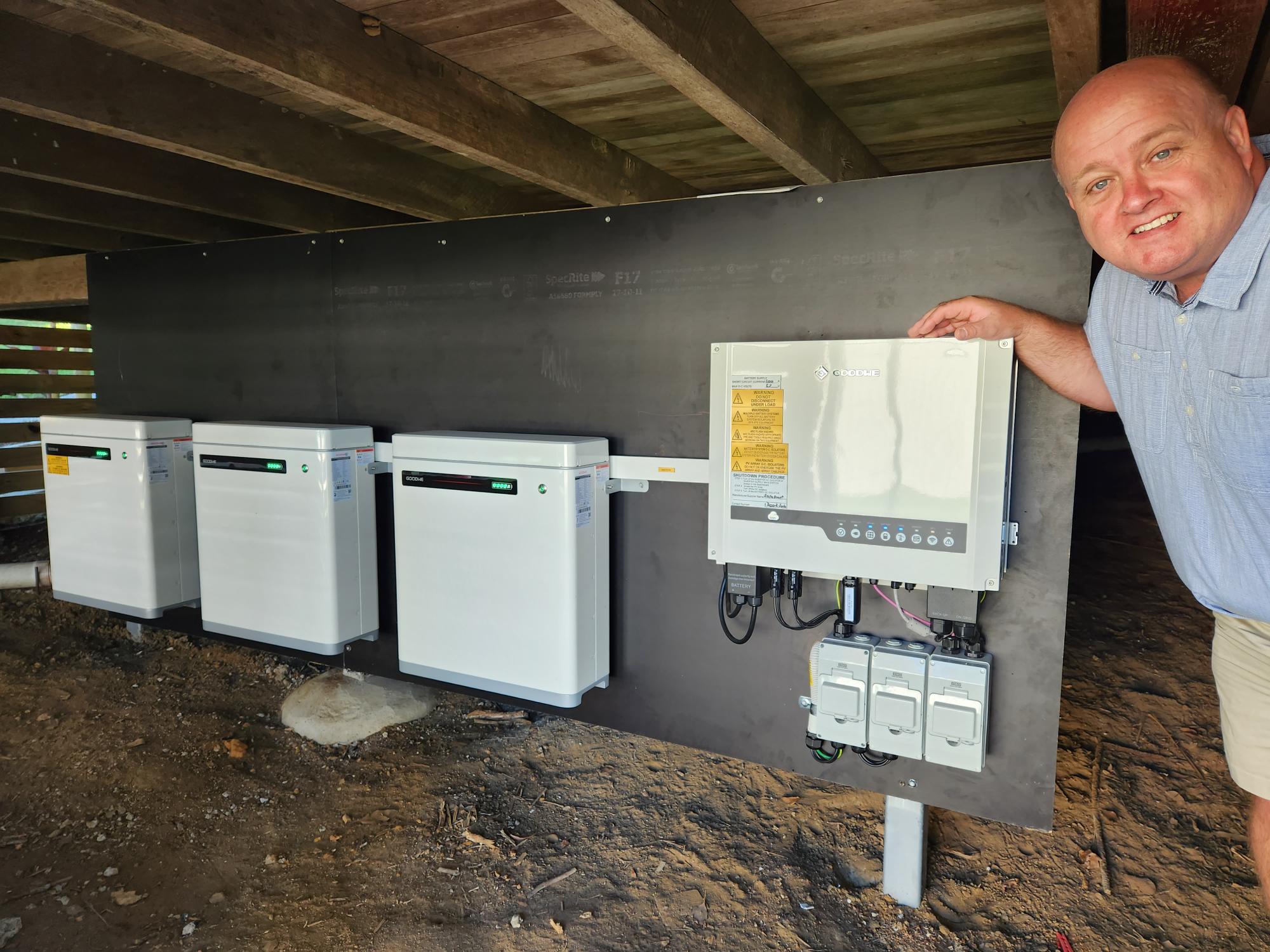
Mooloolah Valley Community Association Inc’s Events & Grants Officer, Jason Carroll
Grants up to $20,000 available for recovery projects
Local community groups and not-for-profits in rural Victorian communities impacted by 2022-23 floods are encouraged to apply for grants up to $20,000 for projects that will support their community’s recovery.
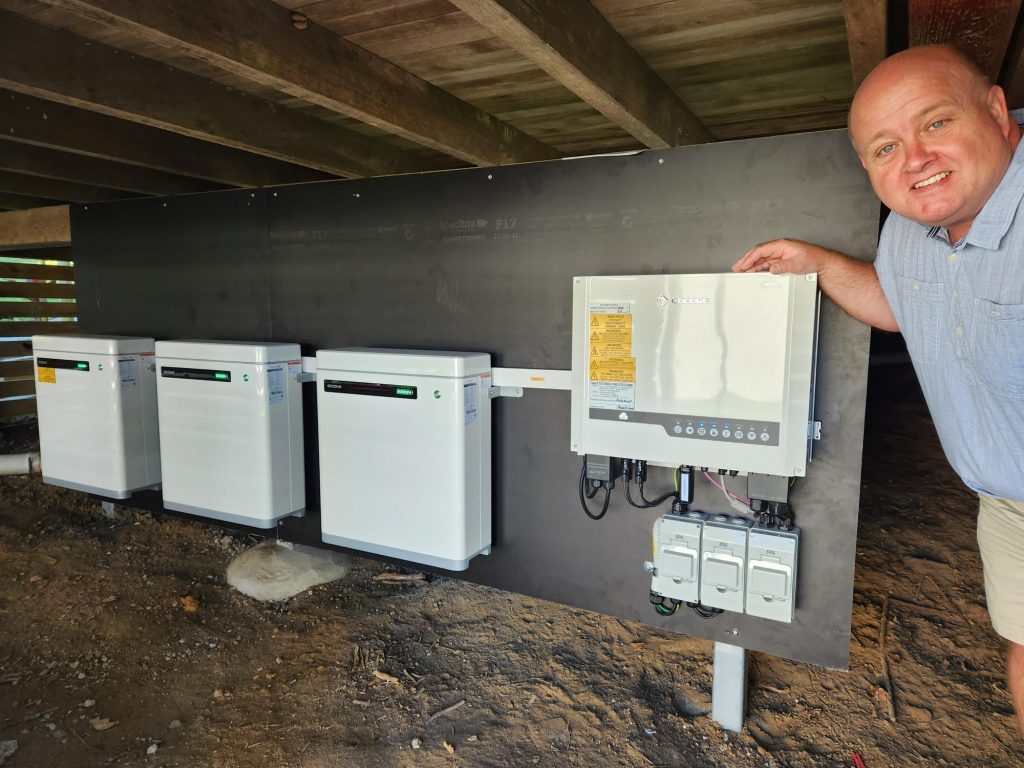
In partnership with Suncorp and AAMI, FRRR is offering $300,000 for initiatives that build resilience and support medium to long-term recovery of communities affected by the flooding and storms that occurred in specified LGA’s between 6 October 2022 and 13 January 2023.
Funded through the Rebuilding Futures program, these responsive grants are available for proactive initiatives that are community-led.
Nina O’Brien, FRRR’s Disaster Resilience & Recovery Lead, said that extreme weather events, like the flooding and storms experienced by rural Victorian regions late last year, affect every community member, especially those who are most vulnerable and rely on community organisations for support.
“Different groups within the community, such as those living with disability, homelessness or who speak English as a second language, will be impacted differently, and as such, will have their own needs in terms of building resilience and how they can prepare for future disaster events.
“We encourage community groups to be inclusive with their initiative ideas and consider how their project can support community members from all nationalities, socio-economic and cultural backgrounds.
“We also encourage community groups to think outside the box when it comes to infrastructure and equipment projects by considering resilient materials and harnessing clever use of design to decrease future impacts of natural disasters,” Ms O’Brien said.
Suncorp’s Group Executive People, Culture & Advocacy, Fiona Thompson, said that natural disasters, such as the Victorian floods, have devastating impacts that are complex, context-driven and long-lasting.
“This is the third disaster-affected region that we’ve supported through this program over the last couple of years, so we know the impacts in each place are different. One thing is always the same though; local people are best placed to know what the needs and priorities of their community, especially following a natural disaster event.
“Thanks to our partnership with FRRR, we’re pleased to be able to provide flexible funding that means communities can determine how best to address the medium to long-term recovery, resilience and preparedness needs and priorities for their region,” Ms Thompson said.
A Grantseeker Workshop, including a Q&A, on the Rebuilding Future’s grant program will be held online from 12 – 1pm AEST, Wednesday 7 June 2023. Register for the Grantseeker Workshop here.
Applications close 6 July 2023.
Previous projects funded through the Rebuilding Futures program include:
- During the floods in February 2022, Mooloolah Valley, QLD, experienced intermittent loss of power that impacted the community’s access to lighting, hot water and technology. To help the community prepare for future disaster events, the Mooloolah Valley Community Association Inc used a $25,000 grant to purchase and install three batteries that can be used to supply power to the region. The batteries are able to store energy from the Centre’s existing solar panels. The grant also funded fencing to ensure the new batteries are stored safely and securely. Thanks to the community’s resilience and preparedness, the batteries were able to keep the community’s power running during the two electricity outages that Mooloolah Valley has experienced since the batteries were installed.
- Following the NSW and QLD floods in 2021, Mission Australia and Mid Coast 4 Kids partnered to respond to child and youth wellbeing across the Mid Coast region. The partners used a $10,811 grant to deliver training to local community service, health and education professionals, volunteers and parents. Their aim was to ensure they were equipped with the skills to have quality conversations and build resilience to respond to the wellbeing needs of children, young people and their families.
For more information about which regions are eligible, the type of projects that can be funded, and to register for the Grantseeker Workshop, visit our Rebuilding Futures webpage.
In this quarter’s update for FRRR’s partners and supporters, we’re focussing on the big difference that small grants make. Read about:
- A very impactful tractor funded in South Australia’s Flinders Ranges
- How you can support RRR communities now, and for the long-term before EOFY
- Synergies between FRRR and our partner GlobalGiving’s funding philosophy
- Insights from the Bush
- Our Progress – Q3 FY 2022/23
- Partnering opportunities to activate great projects
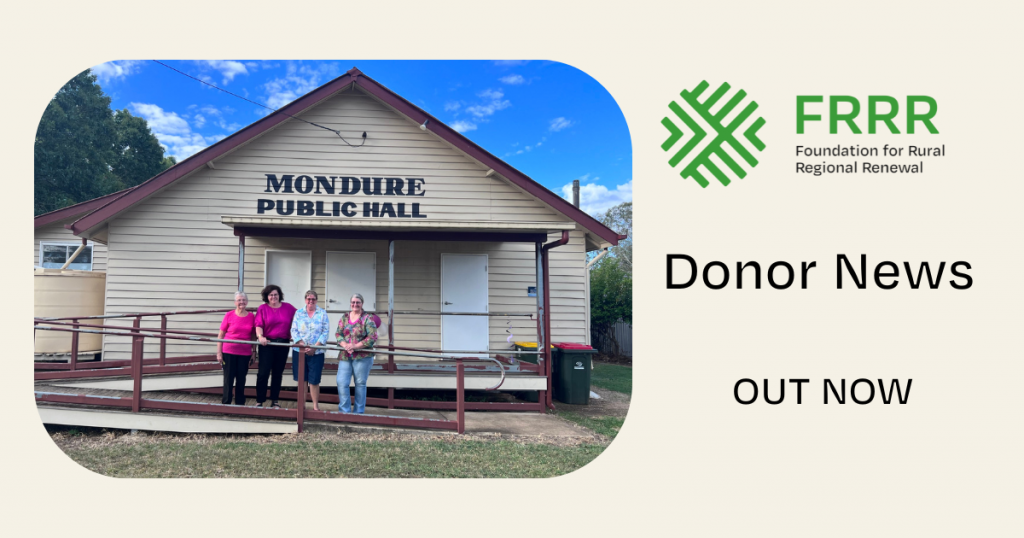
Local not-for-profits (NFPs) across the Central West NSW and WA Great Southern region are being encouraged to submit an Expression of Interest (EOI) to partner with the Foundation for Rural & Regional Renewal (FRRR) and the Australian Rural Leadership Foundation (ARLF) to lead the Future Drought Fund’s Helping Regional Communities Prepare for Drought Initiative’s Community Impact Program in their region.
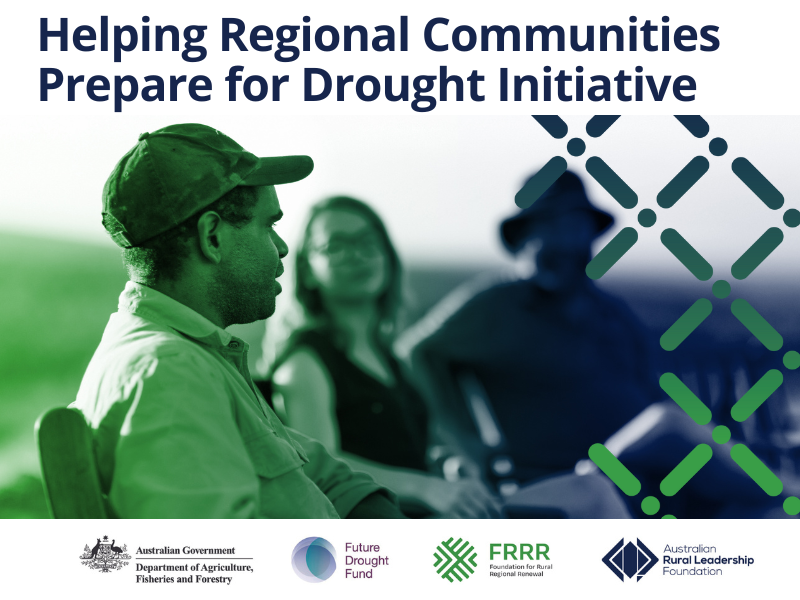
The Initiative seeks to help agriculture-dependent communities in regions across remote, rural, and regional Australia that are vulnerable to the impacts of drought become more prepared for and resilient to these impacts.
It is part of the Australian Government’s $29.6 million investment in drought resilience initiatives over three years and builds on the Future Drought Fund’s previous Networks to Build Drought Resilience program (led by FRRR) and the Drought Resilience Leaders program (led by ARLF).
There are two main components to the program:
- Community Impact Grants: Grants between $200,000 and $500,000 for projects that strengthen community networks, capabilities and facilities that support drought preparedness; and
- Community Leadership Activities: AARLF will offer a range of funded leadership development activities to support community members to develop their leadership skills and equip them with the networks to respond to drought preparedness in their community.
Nina O’Brien, FRRR’s Disaster Resilience and Climate Solutions Portfolio Lead, said that this a great opportunity for community groups in Central West NSW and the Great Southern region of WA to proactively strengthen drought resilience across their regions.
“Rural communities are better able to withstand the impacts of events like drought when they are strong and well connected. The overall aim of this program is to ensure communities are better prepared for future.
“But we know that looks different in each community, which is why we are looking for a local lead partner. They can then work with other community members and organisations to identify what local action will be most appropriate. FRRR staff will be there to support the process and we’ll also fund a facilitator to work with the community to get the best outcome possible.
“The grants can fund projects, events, initiatives, training, capability building and small-scale community infrastructure projects and we’re really keen to make sure that First Nations communities and younger people are also engaged in drought resilience planning and action.
“We have already funded some impressive projects in other ag-dependent communities, including training and awareness-building activities to develop skills and knowledge to face the unique challenges caused by drought, preparedness upskilling and capacity building for local NFPs, and youth-focused activities such as field training and skills development programs,” Ms O’Brien explained.
As part of the program, ARLF will offer several complementary Leadership Development Activities at no cost to the successful applicants. These are designed to strengthen the leadership capabilities of communities to build individual and community drought resilience.
ARLF’s Chief Executive Officer Matt Linnegar said that because every lead organisation and region will be at a different point in their resilience journey, ARLF has a number of options that communities can tap into.
“We have five leadership development activities, ranging from intensive residential leadership programs to a series of deep-dives into particular leadership topics to group coaching. Each is underpinned by the concepts of adaptive leadership, resilience and network leadership.
“Applicants will need to include their preference for leadership development activities when they lodge their express of interest for the Community Impact Program, and we will work closely with applicants to refine their preferences as we move through the collaborative project design phase,” Mr Linnegar explained.
Expressions of Interest close 9 June, with shortlisted groups commencing co-design in their communities in August and funding confirmed in November 2023. Groups will have until June 2025 to implement the projects.
Interested groups can learn more about the program and lodge their EOI here.
In partnership with The Yulgilbar Foundation, FRRR has awarded $785,794 in grants to 23 local groups for community projects designed to strengthen community capacity and resilience in the Clarence Valley and surrounding region.
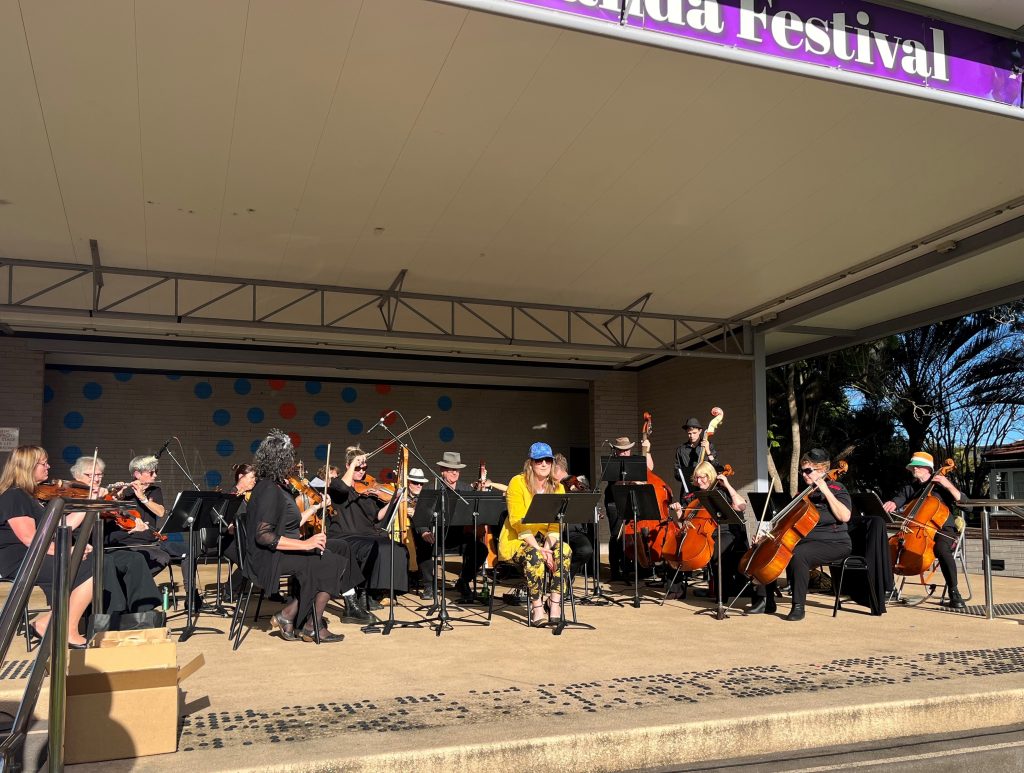
These grants, which are funded through The Yulgilbar Foundation Fund program, are the final tranche of a $2 million commitment awarded over the last three years.
In the wake of the 2019/20 bushfires and subsequent disasters including floods and COVID, these grants will support local groups to foster community connection, education and wellbeing across the region.
Ten of the 23 grants will support local events and festivals. This includes the Grafton Jacaranda Festival for a concert for 5,000 people Featuring Troy Cassar-Daley and Don Walker.
Also set to perform on stage at the Grafton Jacaranda Festival is the Big Scrub Orchestra, which has also been awarded funds. The Orchestra’s grant will support music workshops to boost resilience, health and wellbeing of local children in five small rural public schools and support their performance in the Jacaranda Festival.
Sarah Matthee, FRRR’s General Manager of Partnerships and Services, said that the projects funded demonstrate the important role that social connectedness plays in disaster recovery.
“While each place has its own unique set of recovery needs, in this round of grants we saw many community groups seeking funding for projects designed to bring people together to strengthen social connections, which is such an important part of the recovery process. This also gives us valuable insight into where communities are in their recovery journey.”
Madeleine Noble, Executive Officer of The Yulgilbar Foundation said the Foundation is proud to support a variety of projects across the region, many of which will boost the capacity of local groups to contribute to recovery activities.
“For example, funding for Container of Dreams based near Tabulam will help women develop micro-enterprise skills, Woombah Residents Association will expand activities at the community garden focusing on disaster preparedness, and Lawrence Community Fundraising will run a series of creative workshops and events celebrating local residents and their skills”.
More information is available on FRRR’s website – https://frrr.org.au/funding/the-yulgilbar-foundation-fund/.
The full list of grant recipients and their projects are below.
| Organisation | Project | Location | Grant | |||
|---|---|---|---|---|---|---|
| ARMIDALE | ||||||
| Backtrack Youth Works Ltd | BackTrack 'Paws Up' School Outreach Program Grow literacy skills, confidence, and resilience of primary school children in bushfire-affected communities in the NSW New England region through animal-assisted activities linked to school curriculum. | Ben Lomond | $30,000 | |||
| CLARENCE VALLEY | ||||||
| 2TLC FM Lower Clarence Community Radio Incorporated Association | Storage Unit Project Improve facilities and space at local community radio station in Yamba, northern rivers region, by adding a storage unit for key equipment. | Yamba | $12,500 | |||
| Clarence Valley Conservatorium Inc | A Smart Conservatorium Enhance the learning and performing experience of music students through installation of smartboards and computers in teaching studios of the Clarence Valley Conservatorium and purchase of portal stage units. | Grafton | $27,480 | |||
| Genhealth Incorporated | headspace Grafton - Creative Groups Boost health, wellbeing and connectedness of young people in Grafton through a series of afterschool and school holiday youth-informed creative arts activities. | Grafton | $34,263 | |||
| Grafton Jacaranda Festival Inc | Troy Cassar-Daly + Don Walker Celebrate Indigenous culture, boost community spirit and wellbeing and stimulate the local economy in Grafton through a free concert for 5,000 people featuring Troy Cassar-Daley and Don Walker as part of the famous Jacaranda Festival. | Grafton | $30,000 | |||
| Iluka Community Organisation Planning for Emergencies (ICOPE) Inc | Field of Friends Iluka Village Community Parties Project Foster community connection and resilience following multiple local disaster events through three free community events across 12 months which will also engage local emergency services organisations to provide education and awareness. | Iluka | $17,548 | |||
| Lawrence Community Fundraising Inc | Lawrence Loves... Grow community engagement and sense of belonging in the small village of Lawrence in the Northern Rivers following local disaster events and COVID-19 through a series of creative workshops, performances, and a whole community event. | Lawrence | $40,000 | |||
| Mudyala Aboriginal Corporation | Rising Warriors After School Engagement Program Boost social connections and activities for Aboriginal youth in the Clarence Valley through youth worker led programs and school holiday activities. | Maclean | $45,000 | |||
| Ozfish Unlimited Limited | Nymboida River Riparian, Restoring Habitat for the Endangered Eastern Fresh Water Cod Improve water quality and fish habitat in the Nymboida River post bushfire events and increase local awareness of natural resource management techniques through planting, restoration activities and educational citizen science program. | Nymboida | $40,000 | |||
| The Big Scrub Orchestra | Bringing Music Healing to Young People in the Clarence Valley Boost resilience, health, and wellbeing for children in five small rural public schools following multiple local disasters through 175 Modern Band workshops introducing children to various instruments and song writing as well as performance at the Grafton Jacaranda Festival with local Indigenous music icon Troy Cassar-Daly. | Grafton | $49,000 | |||
| The Long Way Home Byron Writers Festival | Stories From The Clarence Valley 2023 - Grow Share and celebrate stories from residents of the Clarence Valley by publishing a book showcasing local writers collated through The Long Way Home writing competition. | Grafton | $2,233 | |||
| Woombah Residents Association Incorporated | Meet you at the Garden - Building Community Resilience in Woombah Improve social connections, engagement with local services and awareness of disaster preparedness in Woombah through a series of environmentally themed workshops and community events, equipment and light infrastructure. | Woombah | $30,000 | |||
| COFFS HARBOUR | ||||||
| Glenreagh Heartstart | Orara Valley Resilience Hub - Community Consultation Improve local connections and disaster resilience for residents in the towns and villages of the Orara Valley through community-led consultation to establish a Resilience Hub in Glenreagh. | Upper Orara | $26,000 | |||
| KYOGLE | ||||||
| Friends of the Labyrinth Kyogle Community Economic Development Committee | A Place for Quiet Contemplation and Inner Peace Boost health and wellbeing in Kyogle in the northern rivers through the promotion of the local community labyrinth to foster greater awareness and use. | Kyogle | $4,682 | |||
| LISMORE | ||||||
| Arts Northern Rivers Incorporated | Northern Rivers Creative Industries Recovery Forum 2022 A two-day regional forum for bringing together the creative industry sector to develop a future road map for longer term recovery post 2022 Big Floods in the Northern Rivers region of NSW. | Lismore | $15,000 | |||
| RICHMOND VALLEY | ||||||
| Broadwater Rileys Hill Community Centre | Rekindling Community Connections in Broadwater Lift community spirit and connectedness in Broadwater following the devastating floods in the region through monthly community dinners and activities. | Broadwater | $10,283 | |||
| Casinos Own Wireless Association Inc | Casino Cow Country Music Muster (CCCMM) Boost community spirit and the local economy following devasting disasters, including recent flooding events, through a five-day country music festival in Casino. | Casino | $22,267 | |||
| Clovass-Mskees Hill Soldiers Memorial and Community Hall Incorporated | Power Us Up Improve power supply and availability during local outages and in times of disaster at Clovass McKees Hill Soldiers Memorial and Community Hall, Richmond Valley, through installation of a battery to store power generated by the existing solar system. | McKees Hill | $18,900 | |||
| The Evans Head Living Museum Inc | Purchase a Large Format Printer and Desk Top Tower computer Increase capacity of the Evans Head Museum to prepare and present displays and support local community groups through new technology by purchasing a desktop computer and large format printer. | Evans Head | $10,698 | |||
| TENTERFIELD | ||||||
| Container of Dreams Ltd | Container of Dreams Community Market Cart - Micro-Enterprise Workshops Empower ten women in Drake to develop micro-enterprise skills to support financial independence, improve wellbeing and resilience, and contribute to the local economy through their own market stalls. | Drake | $46,940 | |||
| ADDITIONAL GRANTS | ||||||
| Arts Northern Rivers Incorporated | Screening Tour to Recovering Bushfire-Affected Communities Boost social connections and provide an opportunity to reflect and recover for various bushfire-affected communities in rural and regional NSW, including the Clarence Valley, through a live music and documentary screening tour. | Various NSW Locations | $127,000 | |||
| Department of Education Baryulgil Public School | Strengthening Educational Aspiration and Wellbeing Opportunities in Baryulgil Foster wellbeing, cultural connections, and educational pathways for students at Baryulgil Public School through an on-site wellbeing hub and minibus providing flexible transport options for the remote school. | Baryulgil | $146,000 | |||
More than $1.7M awarded thanks to Future Drought Fund
FRRR and ARLF are pleased to announce the first organisations to receive funding through the Future Drought Fund’s Helping Regional Communities Prepare for Drought Initiative.
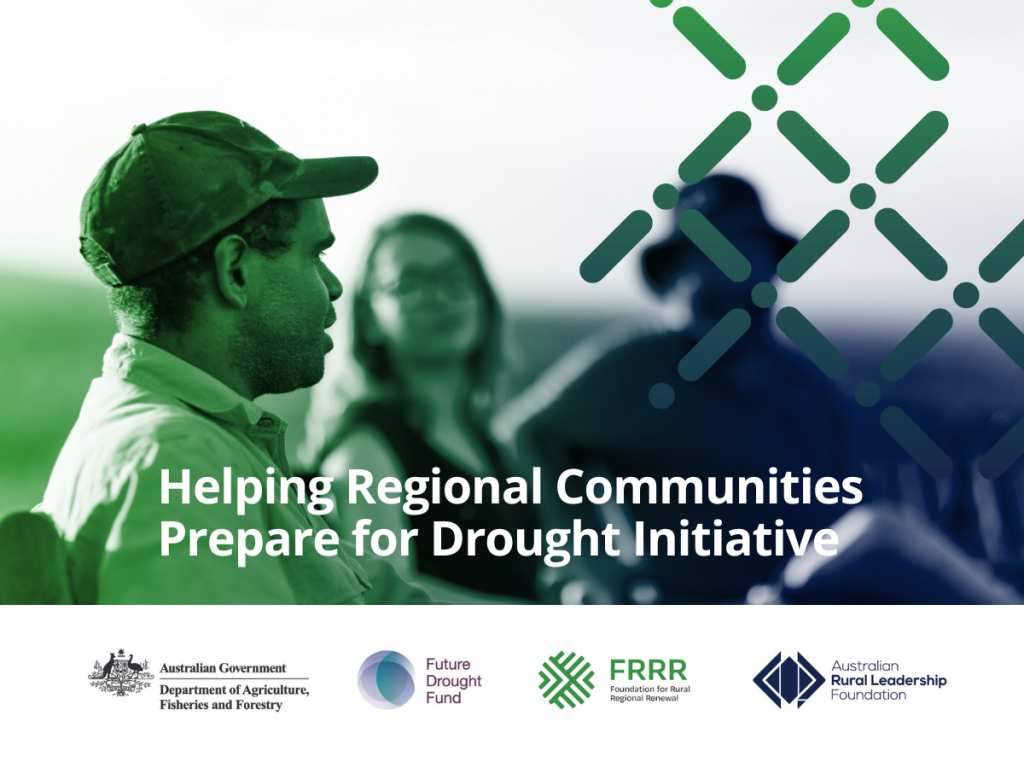
The Initiative, which is being delivered by FRRR in partnership with ARLF, seeks to help agriculture-dependent communities in regions across remote, rural, and regional Australia that are vulnerable to the impacts of drought become more prepared for and resilient to these impacts.
Over the last three months, FRRR and ARLF have worked closely with a local community partner lead organisation in five areas to identify projects that local groups across each region can implement to enhance preparedness for drought.
This first tranche of funding through the Community Impact Program sees five regions awarded $1.7M, which is being shared across 15 organisations.
In the coming months, the local community partner lead organisation will collaborate with other grantee organisations in the region to deliver projects that include events, training and workshops that will create opportunities for communities to identify and adopt innovative and transformative ways to build drought resilience, develop a change in awareness of and attitudes to drought preparedness at the community level, learn and share innovative ways to build drought resilience.
FRRR’s Disaster Resilience and Recovery Lead, Nina O’Brien, says that this is a really exciting milestone and a wonderful opportunity for these communities to drive local action that helps prepare for drought.
“People are more resilient when they’re part of a strong community. Through this place-based program, with the Australian Government’s support, we’re investing in the future, enabling agriculture dependent communities to identify and act on their drought preparedness priorities at a grassroots level.
“The overall aim of this program is to facilitate increased social connection, strengthen network opportunities, build leadership skills, and link capacity building opportunities to ensure widespread local benefit, so that communities are better prepared for the future.
“The program was deliberately designed to be flexible, allowing a bespoke approach in each region that reflects the unique conditions in each area. The projects that we’re funding have broad community support. As part of their development, we paid for a facilitator to support the local lead organisation to help bring key stakeholders into the conversation and to make sure that the projects align with local priorities and connect with investments already happening at the community level.
“We look forward to continuing to walk alongside these local groups as they implement their projects over the next two years,” Ms O’Brien said.
Each of the regions being funded will also receive access to tailored ARLF leadership development activities. Lead organisations can choose between one of five leadership development activities, depending on their projects and local priorities. In the first five regions, four different activities have been taken up.
ARLF CEO, Matt Linnegar, says leadership development supports the short-term delivery of projects and yields long-term benefits for the regions.
“In addition to the project funding, these leadership development activities are a crucial investment in building the social capital required to support the project and each region. Connecting local networks, creating a deeper sense of shared purpose and developing capability all contributes to people in each region taking action to address challenges and take advantage of opportunities.
“Participants will also gain access to the wider alumni network of the Australian Rural Leadership Foundation. It’s these connections that prove invaluable to people. When they’re stuck, there’s someone to ask for advice.”
In total, 35 regions will be supported through this program. The remaining regions are due to be announced throughout the rest of 2023.
Other elements of the Future Drought Fund’s Helping Regional Communities Prepare for Drought Initiative are also underway, including the Mentoring program, being led by ARLF, which is still accepting applications. Work is also underway on the design of the network to connect leaders working on these projects across the country and FRRR is finalising the appointment of an expertise panel, which the groups awarded funding can draw on, if they don’t have locally qualified people with the skills they need.
In addition, the first of two rounds of Small Grants for areas that aren’t covered by these Community Impact Program grants is expected to open in later this year.
Learn more about the Helping Regional Communities Prepare for Drought Initiative at www.frrr.org.au/drought-preparedness.
The full list of grant recipients and their projects are below.
| Organisation | Project | Location | Grant | |||
|---|---|---|---|---|---|---|
| Queensland: Region 08 Darling Downs & South Burnett | ||||||
| Red Earth Community Foundation | Community Partner Lead Organisation Region 8 Strengthen drought preparedness and drive local action in the Darling Downs and South Burnett region through the coordination of Community Impact Program activities and evaluation administration. | Darling Downs & South Burnett Region | $38,746 | |||
| Momentum Health | Building Healthier Communities Enhance capability, coordination and collaboration between community networks and organisations that can be drawn upon in times of drought by training local leaders, creating resources and delivering workshops focussed on wellbeing. | South Burnett, Western Downs & Goondiwindi | $92,499 | |||
| Red Earth Community Foundation | Cherbourg Community Leadership Program Strengthen community capacity and leadership through the design and delivery of the Cherbourg Community Leadership Program, to build knowledge and skills to address local challenges caused by drought. | Cherbourg Aboriginal Shire Council | $51,388 | |||
| Burnett Catchment Care Association | Sharing Models of Successful Groups Deliver community led drought preparedness through networking events that build social connections, share innovative approaches to drought resilience and drive local action through peer-to-peer support and a communities of practice approach. | Burnett Region with possibility of working with Toowoomba & Western Downs Groups | $62,401 | |||
| Queensland Murray Darling Catchment Ltd | Water and Climate Drought Education Deliver workshops to school aged children to build knowledge and understanding of the risks posed by drought and climate change and develop skills to positively adapt. | Schools in Darling Downs & Burnett | $73,412 | |||
| Burnett Inland Economic Development Organisation (BIEDO) | Ag Tech in Action in the Burnett Strengthen community and social connections through events and provide opportunities for young people to build knowledge in innovative approaches to drought preparedness, connect with current networks and develop youth specific networks. | North Burnett, South Burnett, Cherbourg & Bundaberg LGAs | $69,007 | |||
| Queensland: Region 09 Fitzroy Capricornia | ||||||
| Dawson Catchment Coordinating Association | Community Partner Lead Organisation Region 9 Strengthen drought preparedness and drive local action in the Fitzroy Capricornia region through the coordination of Community Impact Program activities and evaluation administration. | Fitzroy Capricornia Region | $140,000 | |||
| Central Queensland Landscape Alliance | Remote Community Capacity Building Create leadership and capacity building opportunities, particularly for local young people, through training and awareness-building activities to develop skills and knowledge to face the unique challenges caused by drought. | Focus on Capricornia Catchments work arena | $40,000 | |||
| Not for Profit HQ Limited | NFP Report Card Assessments –Upskilling Build the capability of local not-for-profit organisations to better serve their communities in times of drought and in drought preparedness by delivering a practical skills audit and using the results to develop business and operational plans. | Fitzroy Capricornia Region | $50,000 | |||
| Dawson Catchment Coordinating Association | Improved Community Access –Dawson Catchment Establish a local community network to improve access to, encourage greater utilisation of or create new community infrastructure by collaboratively reviewing available places, spaces and facilities where community groups can gather, function and support their local community in times of drought. | Fitzroy Capricornia Region | $35,547 | |||
| Woorabinda Aboriginal Shire Council | Woorabinda Rangers and Youth Development Program Deliver capacity building activities and field training to increase knowledge of local landscapes and share innovative approaches to drought preparedness, which will strengthen community resilience. | Fitzroy Capricornia Region | $42,000 | |||
| Queensland: Region 11 Hinterland to Gulf | ||||||
| Northern Gulf Resource Management Group Ltd | Community Partner Lead Organisation Region 11 Strengthen drought preparedness and drive local action in the Hinterland to Gulf region through the coordination of Community Impact Program activities and evaluation administration. | Hinterland to Gulf Region | $31,359 | |||
| Northern Gulf Resource Management Group Ltd | Local Capacity for Regional Resilience Project Strengthen organisational capacity and governance of not-for-profit organisations, including those that are First Nations led, by delivering training, workshops, networking events and leadership development activities, so organisations can better support community interests ahead of and in times of drought. | Croydon Shire, Etheridge Shire & Mareeba Shire | $181,250 | |||
| Northern Gulf Resource Management Group Ltd | Digital Capacity and Last Mile Connectivity Project Strengthen the ability of communities to adapt and prepare for drought by delivering workshops that improve access to and greater utilisation of digital infrastructure, thereby strengthening social networks and enabling people to better connect to essential services and support in times of drought. | Croydon Shire, Etheridge Shire & Mareeba Shire | $123,700 | |||
| Queensland: Region 13 Cape York – Torres Strait | ||||||
| Cape York NRM | Community Partner Lead Organisation Region 13 Strengthen drought preparedness and drive local action through the coordination of Community Impact Program activities and evaluation administration. | Cape York – Torres Strait Region | $42,166 | |||
| Torres Cape Indigenous Councils Alliance | Cape York Torres Water Project Increase skills, knowledge and understanding of the risks posed by drought through the delivery of a water education program and activating a co-designed, community led strategic water security plan. | Aurukun Shire, Cook Shire, Doomadgee Aboriginal Shire, Hope Vale Aboriginal Shire, Kowanyama Aboriginal Shire, Lockhart River Aboriginal Shire, Mapoon Aboriginal Shire, Mornington Shire, Napranum Aboriginal Shire, Northern Peninsula Area, Pormpuraaw Aboriginal Shire, Torres Strait Islands, Torres Shire, Weipa Town & Wujal Wujal Aboriginal Shire | $193,798 | |||
| Cape York NRM | Cape York Torres Fire Project Improve capability, coordination, and collaboration between professional, social and community networks, which can be drawn upon in future drought, through the delivery of a series of fire prevention training activities, events and forums. | Aurukun Shire, Cook Shire, Hope Vale Aboriginal Shire, Kowanyama Aboriginal Shire, Lockhart River Aboriginal Shire, Mapoon Aboriginal Shire, Napranum Aboriginal Shire, Northern Peninsula Area, Pormpuraaw Aboriginal Shire, Torres Strait Islands, Torres Shire, Weipa Town & Wujal Wujal Aboriginal Shire | $151,012 | |||
| South Australia: Region 22 Arid Lands | ||||||
| SA Arid Lands Landscape Board | Community Partner Lead Organisation Region 22 Strengthen drought preparedness and drive local action through the coordination of Community Impact Program activities and evaluation administration. | Arid Lands Region | $32,000 | |||
| SA Arid Lands Landscape Board | Women’s Gathering Support communities to learn and share innovative ways to build drought resilience; increase the reach and activities of community leaders, mentors, networks and organisations driving action on drought resilience by facilitating an event for women from across this geographically vast region. | Hawker | $73,750 | |||
| SA Arid Lands Landscape Board | Pastoral Field Day Support communities to identify and adopt innovative and transformative ways to build drought resilience by delivering a field day, which will enable knowledge sharing and networking opportunities. | Port Augusta City Council | $67,750 | |||
| SA Arid Lands Landscape Board | Outback Kids & Family Days Encourage social connection, networking and knowledge sharing to facilitate drought preparedness and resilience building by delivering five family day events to connect communities across a geographically vast region. | Five locations across Port Augusta Region | $50,350 | |||
| Nature Foundation Limited | Family on Country Provide mentorship and leadership development opportunities and strengthen networks and connections by delivering two on-Country, multi-day events that provide opportunities for Elders and Community Leaders to share cultural knowledge on the local landscape and drought. | Hiltaba Station (Unincorporated Area) | $46,000 | |||
| Isolated Children's Parents Association Marla-Oodnadatta | ICPA Conference Encourage drought preparedness conversations at the community level and drive local action for children, families and educational outcomes through a regional conference. | SA Arid Lands | $5,000 | |||
| Quorn Community Landcare Group Incorporated auspiced by SA Arid Lands Landscape Board | Quandong Festival Strengthen local drought resilience by delivering two educational and awareness-raising events that showcase innovative and transformative ways to adapt in times of drought. | Quorn | $35,000 | |||
A modest $4,700 grant from The Yulgilbar Foundation Fund program has helped a community group transport a 215 kg ceremonial stone to Susan Island in October 2021 by a local builder who contracted a truck, forklift, excavator and barge. The excavator carried the stone to the gathering place, where a concrete footing had been laid by volunteers who supervised the process, and helped to manoeuvre the stone into place on the footing.
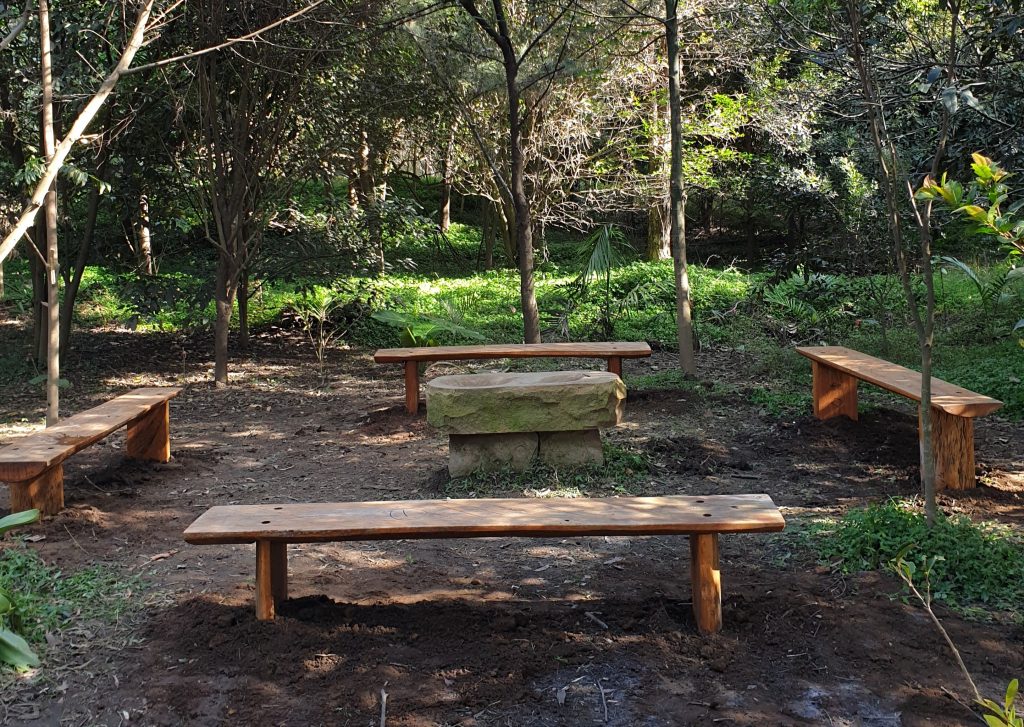
Four benches were purchased in November 2021. They are solid hardwood benches with galvanised fittings, each weighing about 80 kg. The benches were transported to the island in June 2022 by volunteers in a private boat. They were installed in deep holes on concrete footings, with cross-bolts added to keep them in place during floods. The installation was carried out by volunteers.
Native food, dye, medicinal and fibre plantings were carried out in August 2021, and May 2022. The plantings included Lilly Pilly, Red Kamala, Lomandra, Red Bean, Creek Sandpaper Fig, Red Ash, Moreton Bay Fig, Black Bean and Wattle (Acacia fimbriata). Planting was done by volunteers, and the trees were supplied as a contribution from the Susan Island Board. Around 250 trees, groundcovers and understory shrubs were planted between July 2021 and June 2022. Volunteers created a network of walking paths from the boat landing to the gathering place, passing through newly planted areas onto regenerating areas downstream.
“We have been trying to establish the gathering place since 2018, when the women’s group designed the stone. Finding a way to transport this 215 kg stone to the island was very problematic. We discussed ideas ranging from a helicopter with sling to elaborate pulley systems off small boats, but without money we couldn’t do anything. The funding let us focus our efforts, and we ended up asking a local builder to organise the logistics, which he did successfully. Without the funding, none of this could have happened. We thank you. It is really a lovely place now.”
On Djiru Country
In far north Queensland, 150 km south of Cairns, the Mission Beach Historical Society (MBHS) is a fledgling association – two years young and dreaming big.
Last month our QLD programs manager visited the MBHS and invited them to write a story to let everyone know about their great work to curate a historical photographic exhibition.
Before the advent of the MBHS in late 2020, Mission Beach had no effective means of making histories and images easily accessible to residents and visitors of this region.
For the two last years, MBHS members have captured and documented some of the Mission Beach histories, having made a bright start with that endeavour. The society’s growing challenge was to find effective ways to share and exhibit MBHS collections. Being without a museum or a building, MBHS relies heavily on online presence and displays. Despite such hurdles, a range of interesting and innovative projects have been undertaken. One of these projects was to present a photographic exhibition.
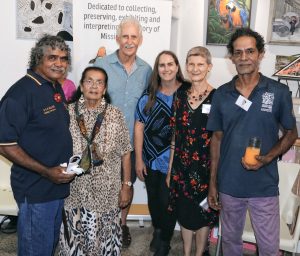
In 2022, MBHS partnered with Community for Coastal & Cassowary Conservation Inc to receive an $8,925 Strengthening Rural Communities grant, funded by the Tim Fairfax Family Foundation, to develop a photographic exhibition ‘Echo of the Past – Historical photographs from Mission Beach, 1890s – 1950s’ and present a series of historical photographs and Djiru cultural objects – coinciding with the anniversary of the 1918 cyclone which devastated the area.
The exhibition project aimed to facilitate cultural connection and transmission of culture of and with Traditional Owners through community engagement, cultural expression and on Country experiences.
The exhibition project was led by MBHS president, Dr Valerie Boll, anthropologist and curator, who worked with Djiru Traditional Owner, Elder and artist Leonard Andy and the Warrangburra Aboriginal Corporation RNTBC – PBC, to source and document Djiru history and photographs. Mission Beach residents were also able to bring in old photographs to be scanned and used to illustrate stories that had been researched by MBHS members. The provided material was then collated.
Like many plans during the last few years, the start of the project was delayed due to COVID. Sadly, the project was also put on pause in the first half of 2022 because of ‘Sorry Business’. Another hurdle for the MBHS volunteers to overcome was the lack of adequate IT equipment. Regardless of this impediment, the efforts of the team came together, and the opening day approached fast.
An enthusiastic crowd (over 100 people) gathered on the 10March for the opening of the exhibition ‘Echo of the Past’, at the Art Print Frame Gallery and was enjoyed by the wider community until the exhibition close earlier this month.
A smaller version of the show is now on display at the Mission Beach library and there are plans for the exhibition to travel around the region for the rest of the year.
Grants of up to $10,000 available nationwide
Grants of up to $10,000 are now available to fund community-led projects, developed by young people, to respond to the six issues identified at this year’s ABC Heywire Youth Summit, including mental health, accessibility, youth voices, addressing costs of living and creating safe spaces – all issues that concern youth.
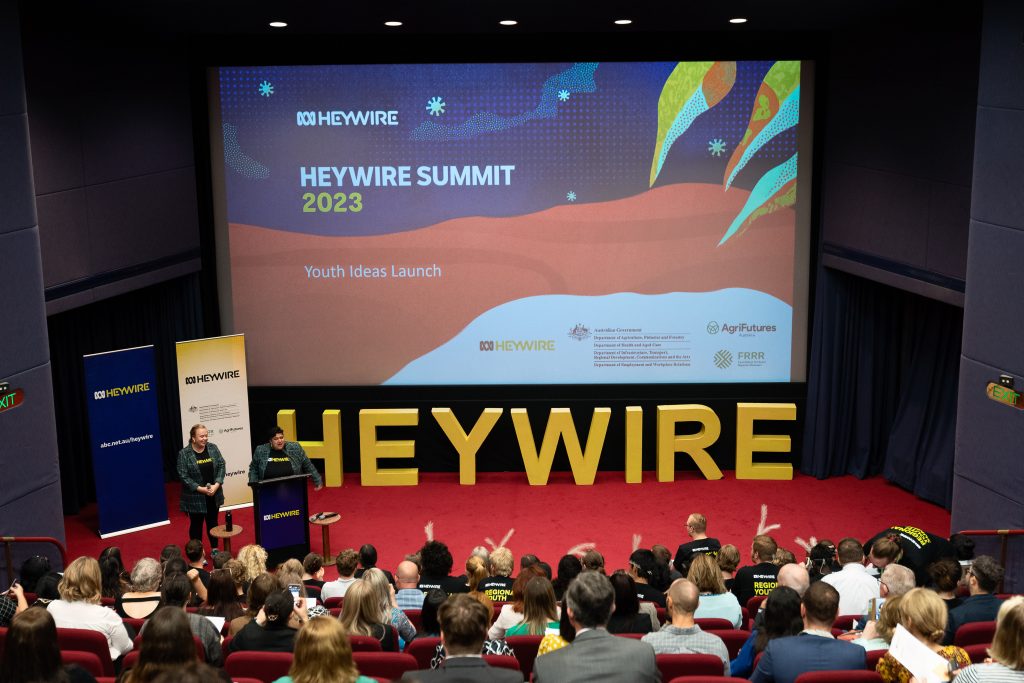
The FRRR ABC Heywire Youth Innovation Grants program has supported remote, rural, and regional youth since 2013, providing them with the opportunity to not only identify the issues that matter most to them but also take action to combat them.
This year, there is $115,000 in grants available nationally and an additional $35,000 specifically to fund projects in Queensland, thanks to a new partnership with The John Villiers Trust.
The six ideas respond to common issues of concern identified by the 39 regional youth who attended the ABC Heywire Youth Summit, a youth leadership and skills development event held last month in Canberra.
FRRR and its partners will fund grants that enable activation of these ideas across rural Australia, enabling community organisations and not-for-profits that work with young people to either implement these ideas or to develop their own projects to address the issues raised, which include:
- Boredom Relief: How might we create safe spaces for youth?
- Easy Access: How might we empower regional youth to take charge of their mental health and support their mates?
- Homegrown Hub: How might we create cost of food relief in communities across Australia?
- Idea 4 Change: How might we provide resources to ensure young people are supported and engaged in their education, with their diverse learning needs catered for?
- Hear Our Voices: How might we ensure that all youth voices are heard and represented on issues that matter to them?
- We are not Alone: How might we create a better future for all young people living with a disability to feel understood and supported in regional Australia?
More details about each of these ideas can be found on the ABC Heywire website.
Kadee from Barcaldine, Queensland, Iningai Country, is a 2023 Heywire Winner and was part of the group that developed the Idea 4 Change project. Kadee said it was inspiring knowing their idea would become a reality in rural Australia.
“I’ve already had educators of my school asking heaps of questions and having me go into depth about our idea. I’m feeling intrigued to see how everyone’s ideas evolve over time and how they impact our country.”
Deb Samuels, FRRR’s People Portfolio Lead, said that to truly create impact for young people, they need to be at the table in making decisions and the Youth Innovation Grants program facilitates this.
“From idea development, through to assessing grant applications that are recommended to the FRRR Board for funding, the Youth Innovation Grants program is led by rural youth, at all stages of the program. This process ensures that funding is allocated to create impact where it matters most for young people in remote, rural and regional Australia.
“Our long-term partnership with ABC has been instrumental to the success of this program. The ABC Heywire Summit is such a powerful platform for young Australians to share their voices and ideas to policy makers, and across the nation. To be able to invest in these ideas with funding that allows communities to act on these ideas is such a phenomenal opportunity.
“We encourage rural community groups to connect with local young people, consider the six issues and work together to develop a project and application that addresses one of the issues, in a local context. Our Youth Assessment Panel and I look forward to exploring all the innovative ideas developed,” said Ms Samuels.
This is the 11th year of the partnership between FRRR and the ABC to run the Heywire Youth Innovation Grants.
“We’re proud to once again partner with FRRR to invest in youth ideas across remote, rural and regional Australia,” said Warwick Tiernan, ABC Director, Regional and Local.
“We know that young people are keenly aware of the issues that affect them and given the chance, they have the skills to develop solutions to them. Being able to back these ideas with grants to make them come to reality shows young people we are doing more than just listening, we are acting on them.
“We’re excited to see what pioneering projects come to life this year and share these stories through the ABC network.”
To date, more than $1.4 million in community and philanthropic investment has helped to fund more than 174 projects in more than 130 communities. This round of FRRR ABC Heywire Youth Innovation Grants program is possible thanks to the generous support of FRRR’s donor partners, including The Sally Foundation, AMP Foundation, The John Villiers Trust, David Mactaggart Foundation and private donors.
Applications close Wednesday 7 June, and recipients will be announced in September. More information is available on the Youth Innovation Grants page.
Image is of ABC Heywire presentation event in the theatre at the Australian Parliament House, Canberra, by Bradley Cummings.

